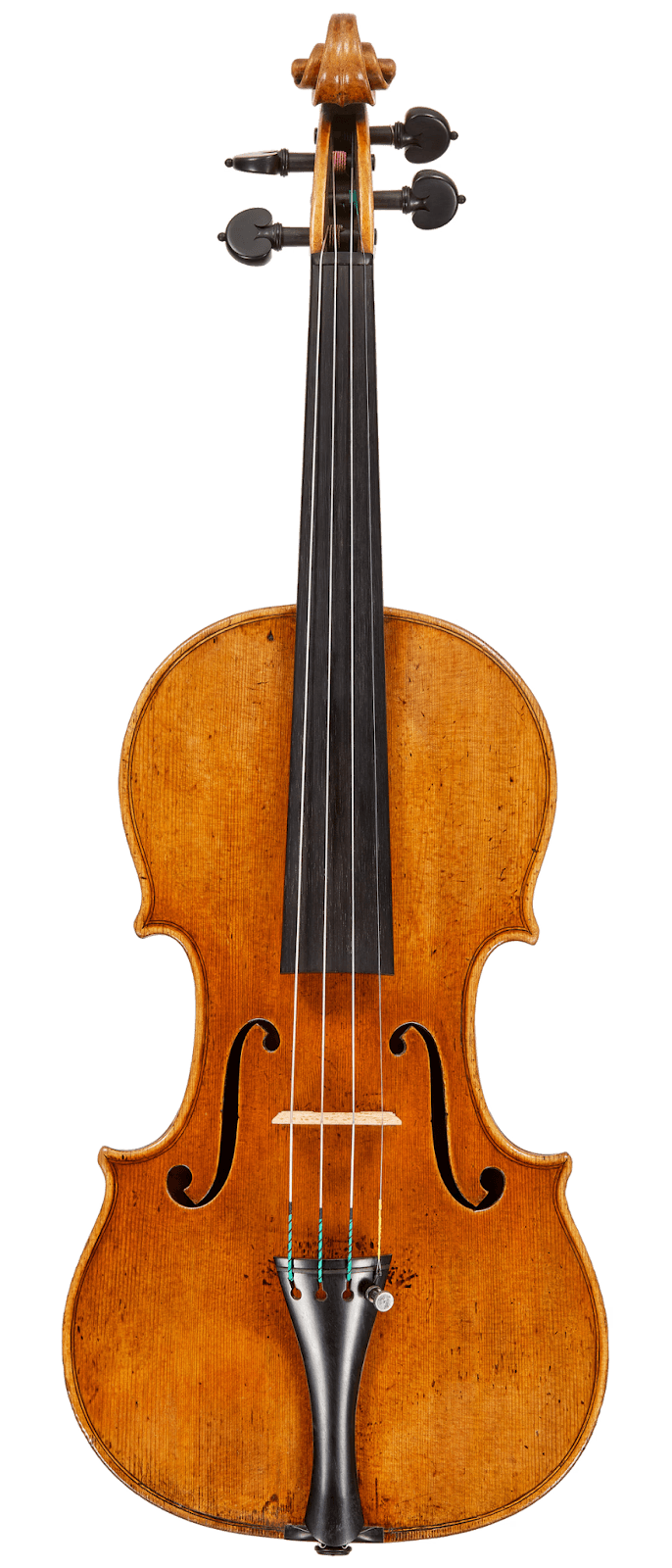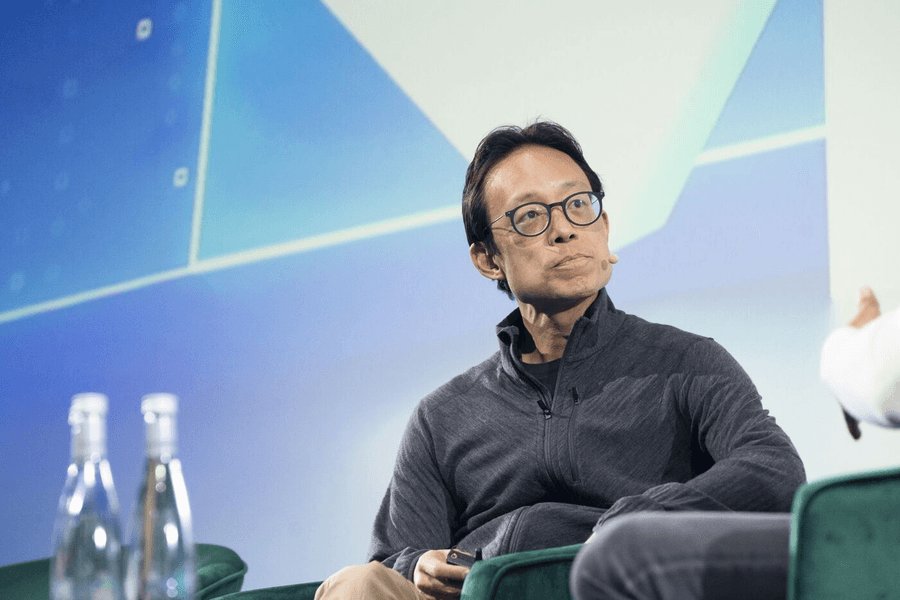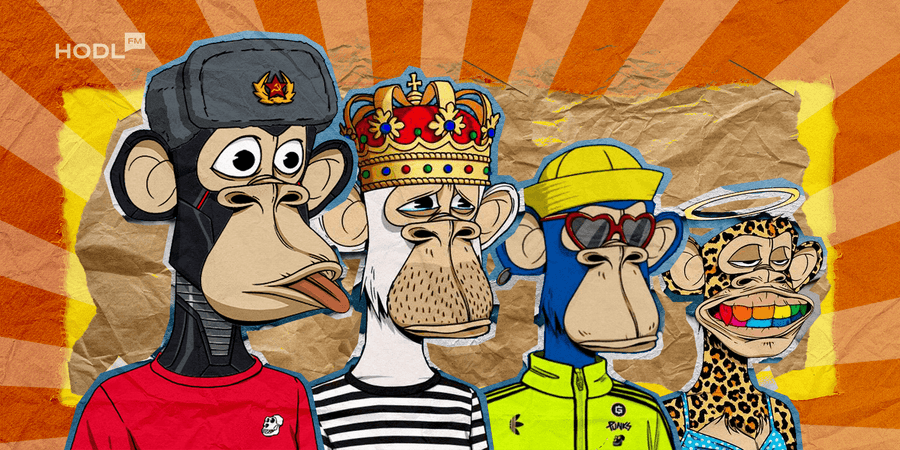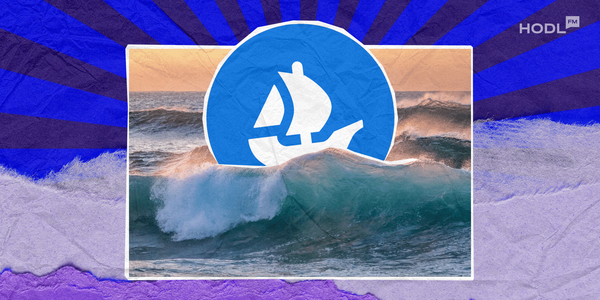If someone had told you 10 years ago that you could own a piece of historical value, then auction it off on an exchange, or even get a loan using that piece as collateral, you would have thought they were crazy. But in today’s world, even crazier things are possible thanks to blockchain technology and non-fungible tokens (NFTs). Case in point: a Stradivarius violin and its digital representation as NFT being used as collateral for a loan.

Last year, Yat Siu, co-founder of Animoca Brands, bought this legendary instrument for over $9 million at an auction.
Related: MugShot NFTs: Inside Trump’s NFT World and $4,653 Dinner Delights
Galaxy Digital Holdings, led by billionaire Michael Novogratz, issued a loan using the 316-year-old Stradivarius as collateral. While neither Galaxy nor Siu disclosed the loan amount, they stated it was “in the millions.” This dual-collateral strategy provides robust security for Galaxy Digital while allowing asset management flexibility. The physical violin will remain safeguarded in Hong Kong, with strict conditions governing its removal.
A Quick Take on Tokenized Assets
Tokenization of real-world assets (RWAs) is revolutionizing how we access and manage tangible investments. At its core, this process allows us to create a new type of digital investment tool on the blockchain, tied to physical assets like art, commodities, and real estate.
Real-world assets are exactly what they sound like: assets that exist in the physical world and can be valued. These include art pieces, commodities, government bonds, and real estate. Tokenizing these assets is one of the most promising applications of blockchain technology, transforming them into digital tokens. These tokenized real-world assets then find a home on the blockchain.

Tokenization has opened up a vast array of new opportunities in the blockchain space, enabling ownership rights of various physical assets to be represented on the chain. This means different parties can trade this ownership directly or split it into smaller fractions for multiple people to purchase. Fractional real estate ownership is a prime example of how parties achieve fractional ownership. Consequently, traders can buy, sell, and manage these tokens on blockchain platforms.
The Perks of Tokenization
While there are no immediate plans for fractional ownership of the Stradivarius violin, Yat Siu is keen on eventually providing broader access to such unique assets. Thomas Cowan, VP of Tokenization at Galaxy Digital, highlighted the benefits.
Tokenizing physical assets like fine art or musical instruments allows us to potentially offer our clients more credit than we could with more volatile currencies like Bitcoin or Ethereum. Today it’s a violin, but tomorrow it could be real estate.
Cowan said
The interest in asset tokenization is also gaining momentum among major financial institutions. BlackRock has launched its first tokenized fund on Ethereum, a significant step toward integrating blockchain into mainstream asset management. This fund focuses on providing liquidity while maintaining stable value, distributing dividends as new tokens directly into investors’ wallets.
Furthermore, BlackRock made a significant move by investing in Securitize, a company specializing in tokenizing real-world assets. This investment signals a growing institutional interest in leveraging blockchain technology for more traditional financial practices.
More on NFTs:
- Power-Up Protectors and South Korea’s NFT and CBDC Deposit
- Setting Sail for Antarctica: Exploring the World of Pudgy Penguins NFTs
- The Top 10 Funniest NFT Memes in 2023
So, whether it’s a masterpiece by Picasso, a barrel of oil, or a swanky apartment in Manhattan, tokenization makes it possible to own a slice of it, trade it, or even get a loan against it.
Disclaimer: All materials on this site are for informational purposes only. None of the material should be interpreted as investment advice. Please note that despite the nature of much of the material created and hosted on this website, HODL FM is not a financial reference resource and the opinions of authors and other contributors are their own and should not be taken as financial advice. If you require advice of this sort, HODL FM strongly recommends contacting a qualified industry professional.




